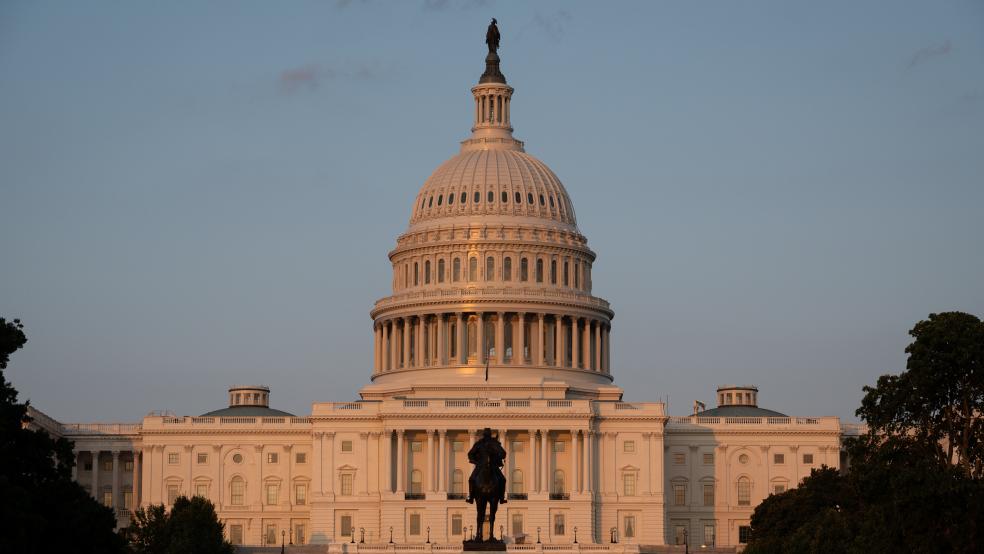With the need to raise the debt ceiling still hanging over Washington, a leading think tank in the nation’s capital provided a new estimate on Wednesday of when the U.S. Treasury could reach a crisis in which it can no longer make all of its payments in full and on time. According to analysts at the Bipartisan Policy Center, the so-called X Date could arrive as soon as June, though it is more likely to occur a bit later in the year, assuming Congress does not act before then to eliminate the threat.
“We think the most likely time when they were not able to find the government is sometime in the summer or early fall, but that there’s a slight chance that we run up against this very close to the ground point in mid-June or early to mid-June,” Shai Akabas, director of economic policy at BPC, told reporters on a press call.
The U.S. has already bumped up against the $31.4 trillion debt limit, forcing the Treasury to take what it calls extraordinary measures to continue to make its payments on time. The new estimate of when the X Date could fall is consistent with an analysis released last week by the Congressional Budget Office, which found that it is most likely to occur sometime between July and September.
The wide range for the latest estimate is driven in part by uncertainties surrounding tax collections this spring. “The government is projected to spend more than $3 trillion and take in approximately $2.5 trillion between February and June 2023,” BPC said in a press release. “Variation of a few hundred billion dollars in either direction would not be shocking, yet would markedly affect the X Date. As a result, the projection window is wider than usual, but will narrow as it gets closer.”
BPC also provided a warning for lawmakers, encouraging them to act sooner rather than later to raise the debt ceiling. “If not resolved in a timely manner, this year’s debt limit showdown could lead to further downgrades of the United States’ credit rating and broad economic disruption,” BPC said. “Although Congress has thus far avoided the worst outcomes by increasing or suspending the debt limit before reaching the X Date, previous debt limit episodes have imposed real costs on Americans. Taxpayers have been on the hook for increased interest payments on the federal debt, and investors have doubted the creditworthiness of the U.S. government. In fact, interest rates on short-term Treasury securities that mature this summer have already started to rise, demonstrating a degree of concern in the market.”




